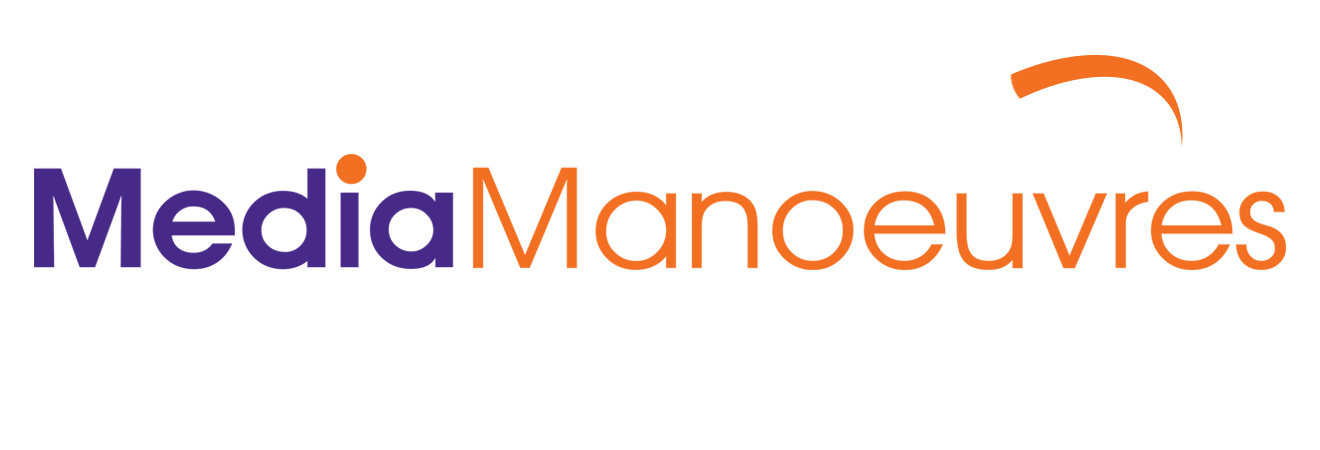
In the frenetic rush to adapt to the shiny, new tools of social media, some public relations professionals are in danger of trampling on a tried and
proven method of communicating – the media release. Media Manoeuvres Managing Director, Sam Elam believes social media is adding great value to the traditional media release as part of an
integrated media relations approach.
“ If you do your homework properly, target the right journalists online (and offline), create a following for yourself (your company or your clients) on Twitter and post newsworthy blogs, you are only adding to your media reach. And where is the online offline line anyway? Online journalists are offline journalists and vice versa. The good news for PR people and journalists alike is that the source of stories has increased” said Sam.
What does the industry think?
In a straw poll of communication specialists and journalists, Media Manoeuvres found that far from dead, the media release is in demand more than ever.
There are of course a few compelling examples where Twitter and Facebook have been crucial in getting the message out swiftly, but often it’s the media release that is the only verifiable and authoritative voice in a sea of unfiltered, Twittery dross. Here then are some of the arguments for and against preserving the media release.
In January this year, the editor of the New York Times rang Sydney based freelance journalist, Meraiah Foley, and asked her to file an urgent story on the Queensland floods.
Heavily pregnant and unable to fly, Foley relied on the accounts of local reporters and eyewitness footage on YouTube, but said her greatest resource was the Queensland Police Twitter feed.
“The police did an excellent job of updating us via Twitter on the number of casualties, road closures and areas under threat,” says Foley.
The police tweeted to announce their media conferences broadcast live on their Facebook site. They also used Twitter to debunk rumours that the Wivenhoe damn was about to burst, threatening Brisbane with massive flooding.
“This is a good example of how official organisations can harness the power of Twitter in a crisis and get the word out faster, than the old-fashioned channels,” Foley says.
However, she is the first to admit social media is not always appropriate, especially when a company makes a major announcement.
“No journalist wants to rely solely on 140 characters for their facts, and media spokespeople who only respond with text messages and won’t pick up the phone to answer questions, really grate on journos.”
And this is where PR practictioners should take heed. A decision by the South Australian Premier Mike Rann to only use Twitter to make media announcements appears to have backfired. According to Paul Hamra, Head of Solistice Media – an independent daily digital news service and publisher of industry magazines, some journalists are skeptical of Twitter because it’s not verifiable.
“The Adelaide media is annoyed that Premier Rann tries to control his messages by hiding behind Twitter and not answering questions. Consequently, he’s made himself very unpopular.”
Hamra says the organisations which have the most success getting coverage in their publications are the ones who email a well written and tailored media release and then pick up the phone and pitch directly to the journalist.
“In a world of overwhelming digital information, you’d be surprised how much ‘cut through’ a phone call has,” he says.
Similarly, Hamra also criticizes journalists who sit chained to their emails like battery hens. He encourages them to occasionally go ‘free range’ – get out in the sunshine and do a face-to-face interview.
An executive producer from ABC Radio National (who preferred not to be named) admitted she didn’t know how to use Twitter properly and relied on media releases as a starting point to check titles, statistics and the validity of the organization. She also urges publicists to do their research on the program or publication they’re pitching to. “It’s no good offering us an author for radio, if they’re not a good speaker,” she says.
This sentiment is echoed by seasoned PR director, Fleur Brown who says the media release is alive and well in Australia.
“With journalists’ resources increasingly stripped back through cost cutting, I can’t see it dying out any time soon,” Brown says.
According to Brown Australia is well behind the US and UK in using social media style releases embedded with links because some journalists continue to work with antiquated technology and even a pdf file or link can sometimes end up in the spam filter.
The unanimous opinion from both sides of the media fence is that a professional release is heads and shoulder above social media because it provides clear, official and above all accurate information. According to Brown, “With sub-editors now a dying breed, a well-written press release provides a great fact checking tool for a story.”
We received some great feedback from our LinkedIn forums, in particular, the Corporate Communications Executive Network, when researching this feature article. Follow the discussion here.

